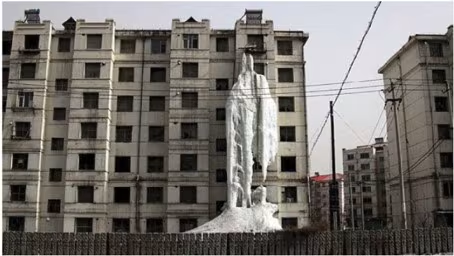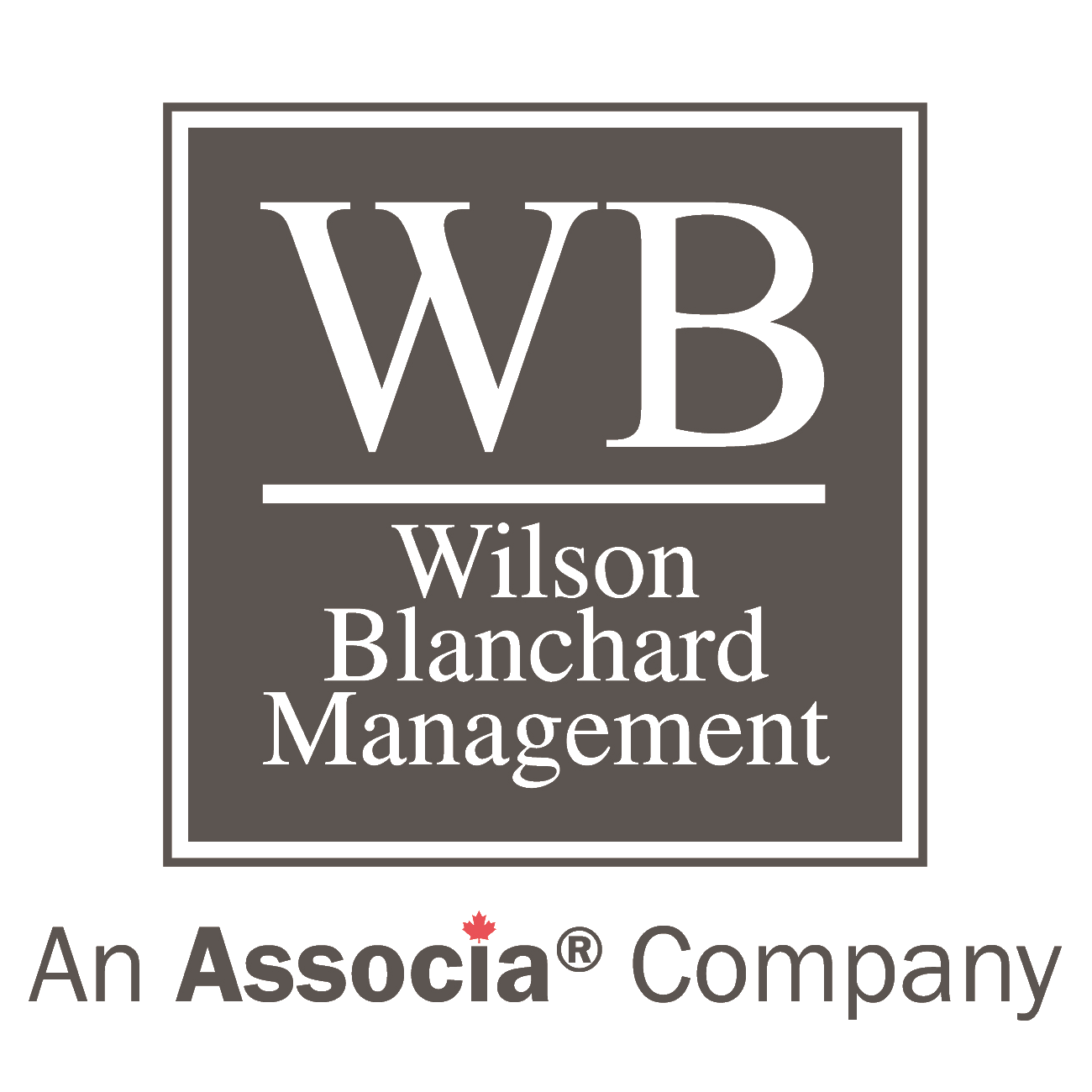Property Disasters: When Should Condominiums File an Insurance Claim?
For Condominium Boards and Property Managers, experiencing a property disaster, be it a fire or flood, the disaster tends to occur at the worst time. Aside from the need for a proactive response, there is the question of whether this disaster warrants an insurance claim.
For those who are prepared with an emergency plan and follow the advice of their insurance broker, the Management and Board will be able to take the disaster in stride and make the most informed decision regarding an insurance claim. Each season can bring extreme weather, and in our Disaster Restoration business every winter, we always have an influx of frozen/burst pipe disasters when there are cold snaps with temperatures or wind chills plummeting towards Environment Canada alerts (minus 30 Celsius). A case example that ServiceMaster Oakville has responded to was where a Resident left a window open in an unattended Unit during severe cold and it resulted in a burst pipe over 2700 gallons cascaded down from 4th floor to the lobby. Sounds like this is a major ‘flood’ but does it warrant a claim? At this year’s CCI Golden Horseshoe Joint seminar on Managing Weather Risks, Tom Gallinger, Atrens Counsel, explained that an insurable event covered under a policy will depend on the following factors:
- Was it sudden and accidental?
- Whose property is damaged (Condo vs. Unit Owner)?
- For water losses, is the Cause of Loss covered under the policy?
- Should the Corporation file a claim?
- What is the amount above policy deductible and prior claims history?
“Condo Claims are all unique in nature with the complexities of standard unit bylaws, declarations, and the relationship between managers, boards of directors, and unit owners. As one of our preferred contractors for special Condo Lines, ServiceMaster Oakville knows what to do in the event of a claim.”
– Mark Shedden, Atrens Counsel Insurance Brokers Inc
Back to the case example, clearly the frozen pipe was sudden and accidental. The damage to drywall and flooring occurred inside the Source Unit, two other units, but also the Common areas including corridors and lobby. This cause was covered under ‘water escape’ (which triggered the applicable deductible amount). While all these factors lent to this being an insurable event, the real question was should this particular ‘Corporation 1’ file a claim?

The manager was able to receive a ‘reserve amount’ of the damage emergency drying/clean up costs and rebuild costs by the second day after the loss. An Atrens Counsel preferred contractor un derstands what constitutes the insurable Standard Unit finishes after damage. i.e. what the ‘Corporation 1’ will be respon sible for. In this case, we had to review standard features of an ‘as -built’ Unit since there was no Standard Unit Bylaw in place for this Corporation. We included the standard carpet flooring and excluded all building upgrades by Unit Owners such as wood flooring, arriving at the $50,000.00 reserve amount.
The insurance deductible was $10,000.00 and this ‘Corporation 1’ had limited prior claims history. The informed manager checked with their Broker and their Board and decided to file a claim.
In contrast, we can have the same loss occur to ‘Corporation 2’ with different circumstances, which will affect the Corporation’s decision making process. This ‘Corporation 2’ incorporated a Standard Unit Bylaw, which included a clause to charge back the Condo deductible to the Source Unit owner and included very basic standard finish repairs to wall and ceiling finishes (drywall primed and one coat paint). It also excluded all floor coverings. In this case example, the ‘Corporation 2’ damages were $30,000.00, with a provisioned chargeback of
$10,000.00 (Deductible amount) to the Source Unit. This means there was only a $20,000.00 cost to Corporation 2 above and beyond the policy deductible.
Upon consulting their broker, who reviewed similar prior claims history, Corporation 2 decided to avoid placing a claim for this water loss. In summary, if your Corporation suffers a disaster from this winter’s extreme cold , rely on one of your insurance company’s preferred contractors to assist you in controlling your costs and work with your broker; they can always keep the claim on hold ‘pending determination’ while advising if the claim should be made. It is important to provide the preferred insurance contractor with any applicable documentation so they can assist you with a reserve amount pertaining to the Corporation’s responsibilities.
